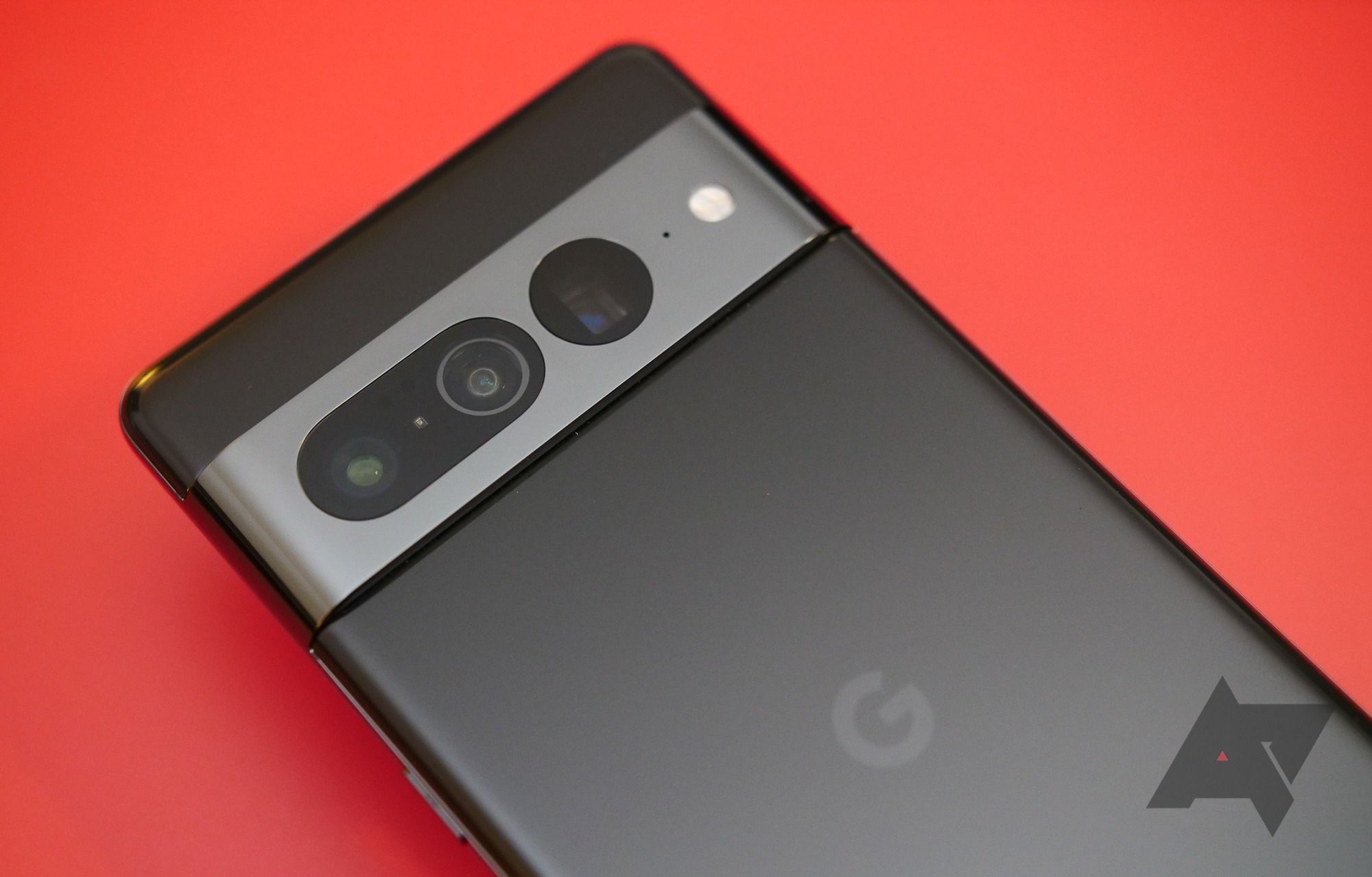When it comes to phones and tablets, Google is making Android all about 64-bit apps. It's taken years of transition policy to whip app makers into shape and achieve this end. A couple weeks ago, we found out that the Pixel 7 and 7 Pro weren't installing 32-bit apps, perhaps signaling that the company was ready to end Android's 32-bit era. But there hasn't been official word on the matter until now.
The latest post on the Android Developers Blog has officially dubbed the Pixel 7 series as the first Android devices to go 64-bit-only. Most of the missive is spent quantifying the benefits of removing 32-bit support including CPU performance improvements of up to 25%, an extra 150MB in available RAM allocation, support for improved security tools, faster OS updates, and more. The company also expects a further wave of 64-bit-only devices (including Google's own Pixel Tablet) as the timeline progresses — not the least of which because devices with Armv9 CPUs (this means chipsets like Qualcomm's Snapdragon 8 Gen 1 or later) will be required to eschew 32-bit support if they're to boot Android 14 out of the box.
Google isn't entirely abandoning 32-bit apps for devices like budget phones, Wear OS watches, and Android TVs. The company says it's committed to making sure that the Play Store will continue to accept, host, and serve 32-bit apps for 32-bit devices. But while there are cost incentives to keeping lower-grade parts on such hardware, pressures also exist to improve the bottom end of the Android mobile experience where there may be greater susceptibility and sensitivity to bugs and exploits — notably, Android 13 Go edition has bumped the minimum RAM requirement from 1GB to 2GB. Money and Moore's Law seem like conflicting principles here, but eventually, something has to give.
At the end of the day, we still think it's only a matter of time before 32-bit's gone from Android for good.

